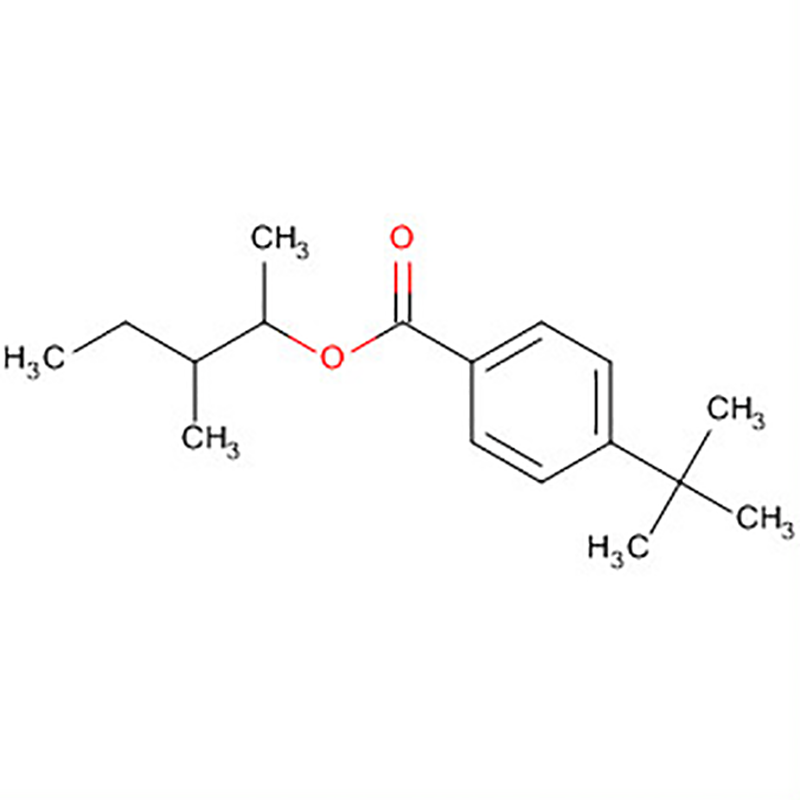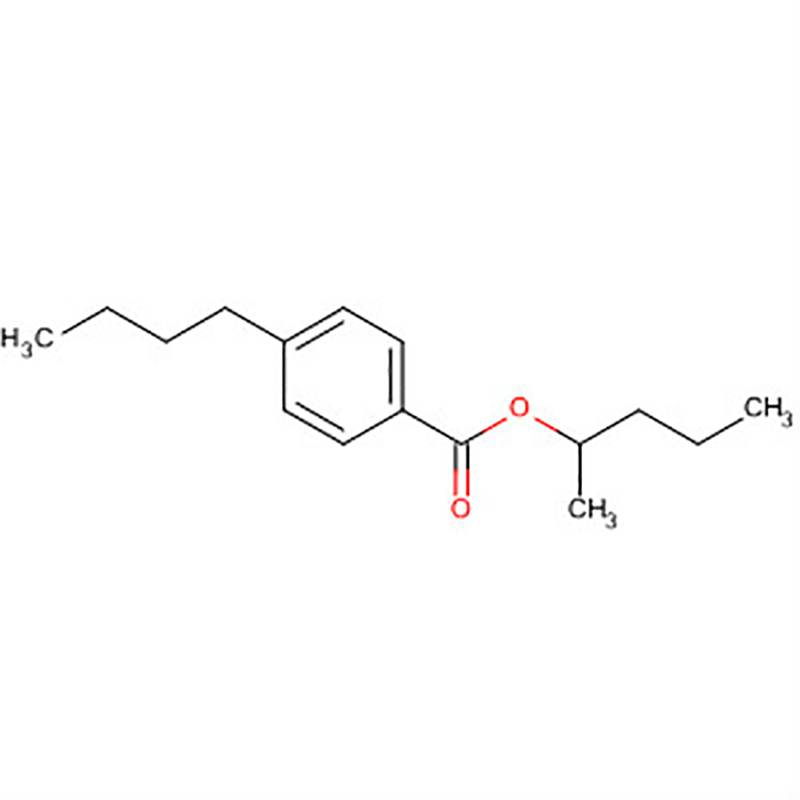Fifth world antibiotic Awareness Week: the future of antibiotics lies in all of us
-
Last Update: 2019-11-24
-
Source: Internet
-
Author: User
Search more information of high quality chemicals, good prices and reliable suppliers, visit
www.echemi.com
Author: Antibiotics have been the cornerstone of modern medicine since they were discovered Antibiotic resistance occurs when bacteria and other microorganisms are resistant to the drugs used for treatment However, the continuous overuse and abuse of antibiotics in human and animal health contribute to the emergence and spread of antibiotic resistance November 18-24 this year is the world antibiotic Awareness Week (WAAW) established by the World Health Organization (who) This activity was proposed by who in 2015, and the third week of November every year is the world antibiotic awareness week The theme of this year's who activity is "the future of antibiotics" It's up to all of us "And the National Health Commission responded to the call and determined that the theme of China's activities is" to stop the overuse and misuse of antibiotics in the future " Antibiotic resistance occurs all over the world and is rising to a dangerous level New drug resistance mechanisms are emerging and spreading globally, threatening our ability to treat common infectious diseases As the effectiveness of antibiotics declines, more and more infections (such as pneumonia, tuberculosis, septicemia, gonorrhea and foodborne diseases) become more difficult to treat, sometimes even incurable Antibiotic resistance can also lead to prolonged hospital stay, increased medical costs and increased mortality Antibiotic resistance is mainly manifested in: Klebsiella pneumoniae is a major cause of nosocomial infection (pneumonia, blood infection, neonatal and intensive care unit infection, etc.), carbapenem antibiotics are the last means to treat the life-threatening infection caused by Klebsiella pneumoniae (common intestinal bacteria) Currently, in many countries, carbapenem antibiotics have been treating more than half of Klebsiella pneumoniae The infected patients are invalid Fluoroquinolones are one of the most widely used drugs in the treatment of urinary tract infection caused by E.coli, but the drug resistance of E.coli has been very extensive In many countries around the world, this treatment is now ineffective for more than half of the patients The third generation cephalosporins are the last drug for gonorrhea, and treatment failure has been confirmed in at least ten countries (Australia, Austria, Canada, France, Japan, Norway, Slovenia, South Africa, Sweden and the United Kingdom of Great Britain and Northern Ireland) Therefore, in 2016, who released three common types of chlamydia, gonorrhea and syphilis New guidelines for the treatment of communicable infections Staphylococcus aureus is a common cause of severe infection in health care stations and communities, and first-line drug resistance to treat the infection caused by Staphylococcus aureus is also very common It is estimated that the death rate of MRSA patients is 64% higher than that of non MRSA patients Myxomycetin is the last drug for the treatment of life-threatening infections caused by Enterobacteriaceae resistant to carbapenems Recently, some countries and regions have found the problem of myxin resistance, and the infection caused by this kind of bacteria can not be treated At present, XDR-TB (resistant to at least four core anti TB drugs) has been found in 105 countries About 9.7% of MDR-TB patients are XDR-TB patients Compared with non drug resistant tuberculosis, MDR-TB needs a much longer course of treatment, and the efficacy is poor As of July 2016, drug resistance to the first-line drugs for the treatment of falciparum malaria (artemisinin based combination therapy) has been confirmed in five countries in the Greater Mekong Subregion (Cambodia, Lao People's Democratic Republic, Myanmar, Thailand and Vietnam) In addition, drug resistance to multiple drugs will also appear in other regions of the Greater Mekong Subregion in the near future In 2010, about 7% of people in developing countries who started antiretroviral treatment were infected with drug-resistant HIV In developed countries, the figure is 10% - 20% Recent reports in some countries show that the proportion of people who start HIV treatment is 15% or higher, compared with 40% of people who start treatment again Antiviral drugs are essential for the treatment of influenza and pandemic influenza To date, almost all influenza A viruses transmitted in humans are resistant to antiviral drugs such as M2 inhibitors (amantadine and amantadine) However, the frequency of resistance to oseltamivir, a neuraminidase inhibitor, is still low (1% - 2%) The WHO global influenza surveillance and response system is responsible for continuous monitoring of antiviral drug sensitivity Drug resistance has become one of the most urgent health risks in our era If we don't take urgent action, we will enter the post antibiotic era, when ordinary infection and slight injury will cause death again In addition, even if new drugs are developed, if human behavior is not changed, antibiotic resistance is still a major threat There are many reasons for antibiotic resistance: Overuse and misuse of antimicrobial drugs can lead to drug resistance The misuse and abuse of antimicrobial drugs will accelerate the formation of drug resistance In many places, there is a problem of misuse and abuse of antibiotics for people and animals, and the use of antibiotics is often not supervised by any professional For example, some people use antibiotics to treat viral infections such as influenza and the common cold, or use them as growth promoters for animals, or to prevent diseases for healthy animals When raising animals, use antibiotics lower than the treatment dose to promote growth or prevent diseases This may lead to the emergence of drug-resistant microorganisms, which in turn can be passed on to humans Most drug quality assurance systems are weak This will lead to poor quality of drugs, so that the concentration of anti microbial drugs obtained by patients is not enough, thus creating conditions for the emergence of drug resistance In some countries, there are problems with access to antimicrobials, which prevent patients from completing treatment courses or seeking alternatives that may contain substandard drugs Poor infection prevention and control will increase the spread of resistant microorganisms Inpatients are one of the main reservoirs of drug-resistant microorganisms If the recommended infection control measures are not taken, patients with resistant microorganisms will become the source of infection for others While surveillance of drug-resistant TB and HIV infection is improving, there is little well-established network to collect and report drug-resistant data on a regular basis In some countries, there is a lack of laboratory equipment to accurately identify resistant microorganisms This weakens the ability to detect emerging drug resistance and act quickly Existing antibiotics and antiparasitic drugs, and, to a lesser extent, antiviral drugs, are losing efficacy At the same time, investment in the development of new antimicrobial drugs is insufficient Similarly, insufficient efforts have been made to carry out new research to obtain new diagnostic agents for infections that need treatment and resistant microorganisms, as well as new vaccines for the prevention and control of infections If this trend continues, the tool base to fight resistant microbes will soon run out In response to this globally recognized health problem, who has been leading the world in responding to the threat: In 2014, who issued "antimicrobial drug resistance: 2014 global monitoring report", which shows that antimicrobial drug resistance is ubiquitous and may affect people of any age in any country In April 2015, who released the report "analysis of countries around the world: resistance to antimicrobial drugs" The report shows that while a lot of action has been taken and many governments have made commitments to address the problem, there are significant gaps in the actions that need to be taken in the six WHO regions In 2015, the 68th World Health Assembly approved a global action plan to address the problem of antimicrobial resistance, including the most urgent trend of antibiotic resistance In 2016, the World Health Organization (who) released new guidelines for the treatment of Chlamydia, gonorrhea and syphilis In addition, who lists specific actions that need to be taken from the perspectives of individuals, policymakers, health professionals, the health care industry and the agricultural sector From a personal point of view, we should strive to: • use only antibiotics prescribed by a qualified health professional • don't ask for antibiotics when health workers tell you they don't need them Always use antibiotics as recommended by health workers • do not share or use the remaining antibiotics with others Prevent infection by washing hands frequently, keeping food clean, avoiding close contact with patients, taking safe sex, and renewing vaccination in time Follow who's five key points of food safety (keep clean, separate raw and cooked food, cook food safely, keep food at safe temperature, use safe water and food raw materials) for safe handling and preparation of food, and choose foods that do not use antibiotics as growth promoters or for disease prevention of healthy animals.
This article is an English version of an article which is originally in the Chinese language on echemi.com and is provided for information purposes only.
This website makes no representation or warranty of any kind, either expressed or implied, as to the accuracy, completeness ownership or reliability of
the article or any translations thereof. If you have any concerns or complaints relating to the article, please send an email, providing a detailed
description of the concern or complaint, to
service@echemi.com. A staff member will contact you within 5 working days. Once verified, infringing content
will be removed immediately.







